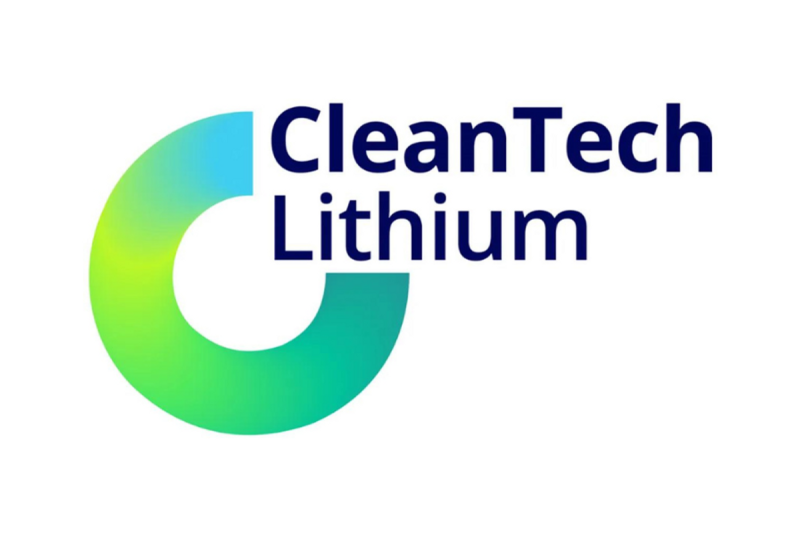In a groundbreaking move that stirred both surprise and speculation, an Indigenous community leader publicly endorsed the Laguna Verde Project during a key mining seminar in Santiago, Chile. This unexpected endorsement carries significant implications for the future of the controversial mining project and the relationship between extractive industries and Indigenous communities.
The event, which brought together industry experts, government officials, and community representatives, provided a platform for discussions on the environmental, social, and economic impact of mining projects in Chile. The presence of the Indigenous community leader, whose name has not been disclosed, added a layer of complexity to the ongoing debate on resource extraction and Indigenous rights. Supporters of the Laguna Verde Project view this endorsement as a validation of their efforts to engage with local communities and address their concerns.
However, critics of the project have raised concerns about the authenticity of the endorsement, questioning the motives and potential conflicts of interest of the Indigenous leader. Some have suggested that external pressure or promises of financial gain may have influenced the leader’s public stance on the Laguna Verde Project. This skepticism underscores the deeply entrenched power dynamics at play in the extractive industry sector, where communities often find themselves navigating complex relationships with industry players and government officials.
The endorsement also highlights the internal divisions within Indigenous communities over resource extraction projects. While some community members may see mining developments as an opportunity for economic growth and job creation, others prioritize environmental protection and the preservation of their cultural heritage. The divergent views within Indigenous communities complicate the process of engaging with stakeholders and reaching consensus on the development of natural resources.
As the dialogue around the Laguna Verde Project continues to evolve, it is essential for all parties involved to uphold principles of transparency, accountability, and respect for Indigenous rights. Meaningful engagement with affected communities, including free, prior, and informed consent, is crucial for building trust and fostering sustainable development in the extractive industry sector. The endorsement by the Indigenous community leader serves as a reminder of the complexities and challenges inherent in balancing economic interests and environmental concerns in resource-rich regions.
Moving forward, it is imperative for industry actors, government agencies, and Indigenous communities to work together in a spirit of collaboration and mutual understanding. By listening to diverse perspectives, addressing grievances, and exploring innovative solutions, stakeholders can create a more inclusive and responsible approach to resource extraction that benefits both present and future generations. The endorsement of the Laguna Verde Project by the Indigenous community leader represents a significant moment in the ongoing conversation about the role of Indigenous communities in shaping the future of mining projects in Chile and beyond.
